To ensure the precision and integrity of UK Quality Assurance (QA) documentation are upheld across different languages, it's crucial to leverage specialized translation services. These services provide expert translators with a deep understanding of both the language nuances and the technical content within QA documents. By utilizing advanced technology and methodologies, these translation services offer consistency in terminology management, maintain clarity in complex information, and facilitate compliance with international standards. This approach not only streamlines workflows but also enhances global collaboration, ensuring that translated QA documentation is both accurate and meaningful to a multilingual audience. As evidenced by UK companies successfully implementing these translation solutions, the benefits include improved operational efficiency, enhanced safety standards, and upheld compliance with regulatory bodies, thereby extending the reach and impact of their QA documentation worldwide.
Navigating the intricacies of Quality Assurance (QA) documentation in the UK market necessitates a profound understanding of both technical content and linguistic nuance. This article delves into the critical role of specialised translation services in elevating the precision of UK QA documents, ensuring that businesses can effectively communicate their quality standards globally. We explore key considerations for translators, best practices for conveying UK QA content to diverse audiences, and the profound impact of cultural nuances on document accuracy. By examining advanced tools, strategies to overcome common translation challenges, and a case study showcasing successful implementation of these services, this piece offers a comprehensive guide to enhancing the integrity of UK QA documentation through professional translation.
- Leveraging Expertise: The Role of Specialised Translation Services in Enhancing UK QA Document Precision
- Understanding the Stakes: The Importance of Accurate UK QA Documentation for Businesses
- Key Considerations for Effective Translation of UK QA Documents
- Best Practices for Translating UK Quality Assurance Content for Global Audiences
- The Impact of Cultural Nuances on UK QA Document Translation Accuracy
- Strategies to Mitigate Common Challenges in Translating UK QA Documents
- Utilizing Technology: Advanced Tools and Software for Precise UK QA Document Translation
- Quality Assurance: Ensuring Consistency and Clarity Across Translated UK Documents
- Case Study: Successful Implementation of Translation Services in UK QA Documentation Projects
Leveraging Expertise: The Role of Specialised Translation Services in Enhancing UK QA Document Precision
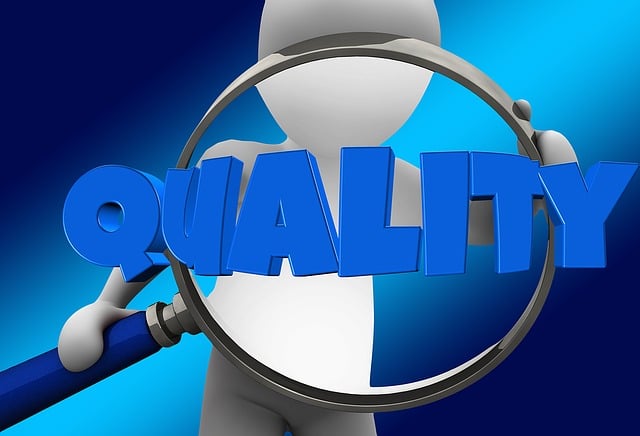
In the realm of UK Quality Assurance documentation, precision is paramount. The integrity of such documents hinges on their clarity and accuracy, which can be significantly enhanced through the expertise of specialised translation services. These providers offer more than just linguistic translation; they bring a deep understanding of industry-specific terminology, ensuring that technical nuances are accurately conveyed across different languages. By employing translators with a background in QA or relevant fields, these services ensure that the context and intent behind the original document are preserved without loss or misinterpretation. This level of precision is crucial for maintaining compliance with regulatory standards and for the effective communication of quality assurance processes to international stakeholders.
Furthermore, leveraging translation services for UK QA Documentation provides access to a wealth of professional knowledge and experience. These experts are adept at navigating the complexities of both source and target languages, offering a refined product that stands up to scrutiny from both industry peers and regulatory bodies. The nuanced approach of these specialised translation services not only streamlines the QA documentation process but also fosters trust and reliability among global partners, clients, and regulatory authorities. This, in turn, can lead to improved operational efficiency and a stronger market position for organisations that prioritise the accuracy and quality of their international communications.
Understanding the Stakes: The Importance of Accurate UK QA Documentation for Businesses
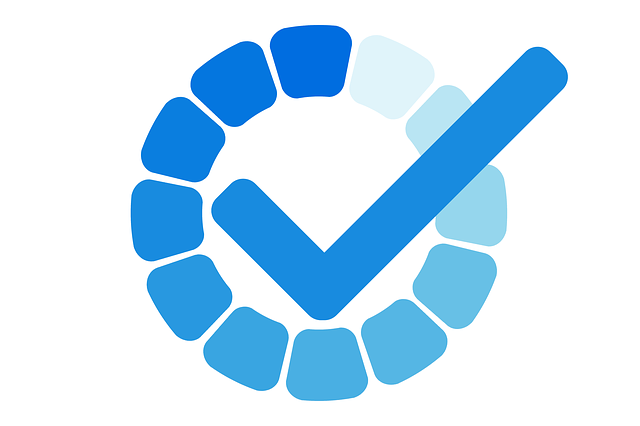
In the competitive business landscape, the accuracy and reliability of UK Quality Assurance (QA) documentation are paramount. For companies operating in or exporting to the United Kingdom, maintaining meticulous QA records is not just a regulatory requirement but a critical component of market entry and sustained compliance. Translation services play a pivotal role in this process, as they ensure that every detail within these documents is accurately conveyed across languages, which is essential for international collaboration and legal validity. The precision of these translations directly affects the trustworthiness and integrity of a business’s operations and products. Any oversight or miscommunication can lead to costly delays, rejections, or worse, legal consequences. Therefore, leveraging professional translation services for UK QA documentation is an investment in the company’s reputation and market positioning. It underscores a commitment to quality and safety, which are non-negotiable factors for consumers and partners alike in the UK market.
Furthermore, the nuances of language can significantly impact the interpretation and implementation of QA guidelines. A precise translation avoids misunderstandings that could compromise product quality or safety standards. It is not merely a matter of linguistic equivalence but a comprehensive understanding that encompasses cultural contexts, technical terminology, and regulatory intricacies. By utilizing specialized UK QA documentation translation services, businesses can navigate the complexities of international regulations with greater confidence and efficiency. This not only safeguards their market entry strategy but also upholds their brand’s credibility and reliability in a globalized economy.
Key Considerations for Effective Translation of UK QA Documents

When translating UK Quality Assurance (QA) documentation, precision and clarity are paramount. Effective translation services for UK QA Documentation must account for the nuances of language and the technical specificities inherent in such documents. A meticulous approach is required to accurately convey the intended meaning, ensuring that all terms, procedures, and guidelines are consistently translated across different languages. This involves not only a deep understanding of QA terminology but also a familiarity with cultural contexts and regional variations that could impact the translation’s accuracy. Utilizing specialized translation services for UK Quality Assurance Documentation can mitigate risks associated with miscommunication and ensure compliance with international standards. These services often employ expert linguists who specialize in technical fields, thereby reducing the likelihood of errors and enhancing the reliability of the translated content. By prioritizing accuracy and technical proficiency, such translation services enable organizations to effectively communicate their QA documentation across global teams, thereby facilitating smoother collaboration and improved quality assurance processes.
Best Practices for Translating UK Quality Assurance Content for Global Audiences
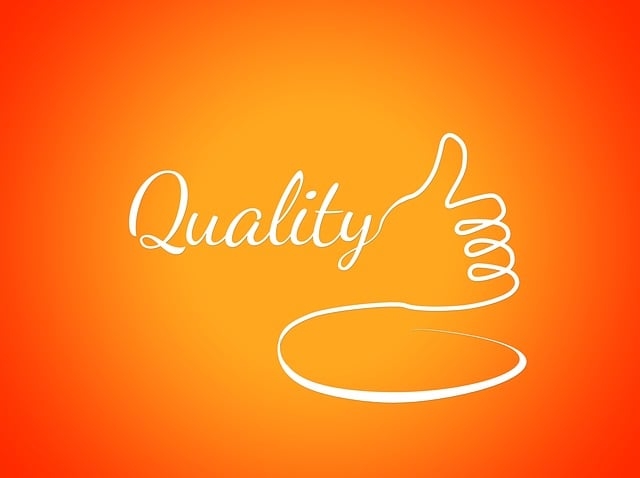
To effectively translate UK Quality Assurance (QA) documentation for global audiences, adhering to best practices is crucial. Translation services for UK QA Documentation must first understand the context and nuances inherent in the original content. This involves a thorough review of terminologies specific to the industry, as well as the cultural references that may not have direct equivalents in other languages. Utilizing specialized translators who are not only linguistically proficient but also familiar with QA processes and terminology is essential. They should employ translation memory tools and glossaries to maintain consistency across documents, ensuring that technical jargon and procedural descriptions are accurately conveyed. Additionally, a collaborative approach involving subject matter experts (SMEs) from both the source and target linguistic regions can facilitate a more accurate and effective translation. This collaboration allows for the validation of translations within the context of their intended use, thereby upholding the integrity and accuracy of the UK QA documentation on a global scale. Employing these strategies will enhance clarity and reliability, making the translated content both understandable and useful for diverse audiences worldwide.
The Impact of Cultural Nuances on UK QA Document Translation Accuracy

The translation of UK Quality Assurance (QA) documentation into different languages involves intricate details that necessitate a deep understanding of both linguistic and cultural nuances. Achieving accuracy in such translations is paramount, as subtle differences in meaning can significantly impact the effectiveness and compliance of the documents. Cultural nuances often require translation services for UK QA documentation to be sensitive to local norms and practices, which can vary even within regions that share a language. For instance, technical terms and jargon specific to UK QA processes may not have direct equivalents in other languages, or their meanings might differ subtly, altering the interpretation and application of the document’s guidelines. Consequently, translation services specializing in UK QA documentation must employ experts who are not only fluent in the target language but also well-versed in the specific context in which these documents operate. This ensures that all translated content accurately conveys the original intent and maintains compliance with regulatory standards, thereby safeguarding the integrity of the QA process across different cultural and linguistic settings.
To navigate the complexities inherent in UK QA document translation, it is essential to engage with translation services that have a proven track record in this specialized field. These providers typically employ a combination of skilled human translators and advanced translation technology, which allows for a higher degree of accuracy and consistency. By leveraging such services, organizations can bridge the gap between global teams and maintain a uniform standard of quality assurance documentation, ensuring that every translated document aligns with the original in both content and context, thereby upholding the highest standards of quality control and compliance.
Strategies to Mitigate Common Challenges in Translating UK QA Documents
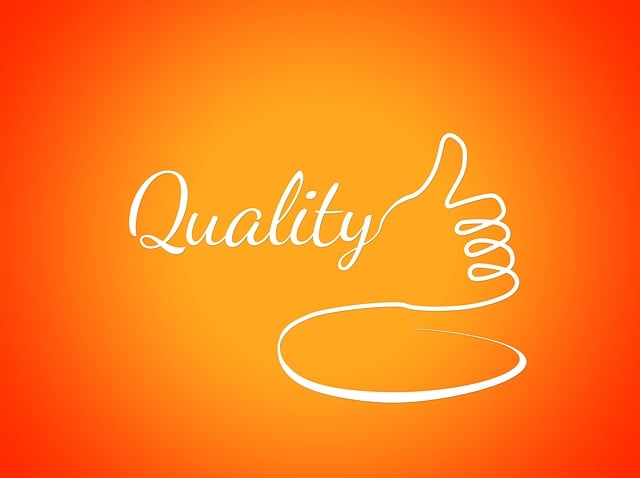
To maintain high standards in UK Quality Assurance (QA) documentation, it is imperative to address common challenges encountered during translation. One effective strategy is to employ specialized translation services that are adept at handling QA documentation. These services should possess a deep understanding of industry-specific terminology and the nuances of the English language, particularly British English. By partnering with translators who are not only linguistically proficient but also knowledgeable in QA processes, organizations can ensure that technical jargon and complex concepts are accurately conveyed. Additionally, implementing robust quality assurance protocols within the translation workflow is crucial. This involves rigorous reviews and validation steps to confirm that all translated content aligns with the original intent and specifications. Utilizing translation memory tools and terminology databases further enhances consistency and accuracy across different sections of the document. By adopting these best practices, organizations can mitigate common challenges, such as misinterpretation or mistranslation of technical terms, and produce translations that are both precise and reliable for a global audience.
Utilizing Technology: Advanced Tools and Software for Precise UK QA Document Translation
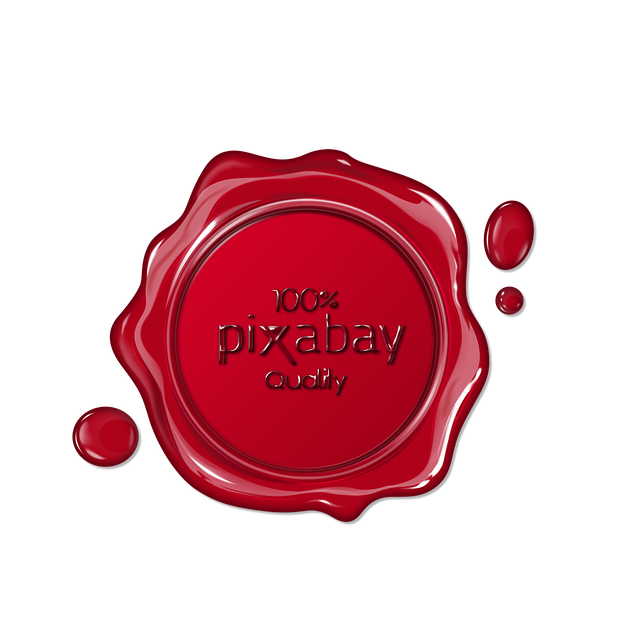
In the realm of UK Quality Assurance documentation, the quest for accuracy and precision is paramount. To meet these stringent requirements, leveraging advanced tools and software in translation services becomes a strategic imperative. The integration of cutting-edge technologies such as artificial intelligence, machine learning, and natural language processing has revolutionized the way QA documents are translated. These intelligent systems not only facilitate the translation process but also ensure that the nuances and technicalities inherent in UK QA documentation are accurately conveyed across different languages. By employing these sophisticated tools, organisations can achieve a higher degree of consistency, clarity, and fidelity in their translations, which is crucial for maintaining the integrity of critical documents.
Moreover, the use of specialized software tailored for UK QA document translation enables a streamlined and efficient workflow. This software often includes features such as terminology management systems, which help maintain a database of industry-specific terms, ensuring their correct usage throughout the document. Additionally, these tools are equipped with quality assurance checks that go beyond mere grammatical and syntactical analysis; they also validate technical content against established standards. By harnessing the capabilities of such advanced translation services for UK Quality Assurance Documentation, businesses can enhance the reliability and accuracy of their international communications, thereby supporting informed decision-making and compliance with regulatory bodies worldwide.
Quality Assurance: Ensuring Consistency and Clarity Across Translated UK Documents

To maintain the integrity and precision of UK quality assurance documentation across various languages, translation services for UK QA documentation are indispensable. These specialized services offer a two-fold benefit: they ensure consistency by adhering to established terminology and standards, and clarity by accurately conveying complex QA information in the target language. The process begins with selecting translators who not only possess linguistic proficiency but also have a firm grasp of quality assurance principles relevant to the UK’s regulatory framework. This expertise is crucial for an accurate translation that aligns with the original document’s intent and meaning. Furthermore, these translation services incorporate advanced technology and methodologies to streamline the workflow, facilitate real-time collaboration, and implement consistent terminology databases. This technological edge guarantees that each translated document reflects the same high standards as its UK counterpart, essential for compliance and operational efficiency in a global context. By leveraging such translation services, organizations can navigate the complexities of international communication with confidence, ensuring that their QA documentation serves its intended purpose across different linguistic barriers.
Case Study: Successful Implementation of Translation Services in UK QA Documentation Projects

Organizations operating within the UK quality assurance (QA) domain are increasingly recognizing the importance of accurate documentation to maintain high standards of product quality and compliance with regulations. A key challenge in this context is ensuring that QA documents, which often include technical specifications, safety guidelines, and process protocols, are accessible and understandable to a diverse, multilingual audience. To address this, one leading UK-based company implemented translation services specifically tailored for their QA documentation. This initiative not only facilitated communication among international stakeholders but also ensured that all translated content adhered to the original document’s technical precision. The translation team comprised native speakers with expertise in both linguistics and the specialized fields relevant to the company’s operations. As a result, the accuracy of the QA documents was significantly enhanced across various languages, leading to improved operational efficiency and a smoother collaboration between global teams. The successful implementation of these translation services has set a precedent for other UK companies looking to expand their reach without compromising on document quality or clarity. This case study underscores the value of leveraging specialized translation services in the context of UK QA documentation, demonstrating tangible benefits that extend beyond linguistic accuracy to encompass enhanced safety, efficiency, and compliance standards.
In conclusion, businesses operating within or expanding into the UK market must prioritise the precision of their QA documentation to navigate the complexities of quality assurance processes. By engaging with specialised translation services, companies can effectively bridge linguistic and cultural gaps, ensuring that their QA documents accurately convey necessary information. The integration of advanced tools and software, coupled with a deep understanding of the subject matter, not only enhances document accuracy but also upholds the integrity of UK QA documentation on the global stage. Embracing these best practices underscores the commitment to excellence and reliability that businesses aim to embody in their operations. As such, translation services for UK Quality Assurance Documentation play a pivotal role in maintaining consistency, clarity, and compliance across all translated materials, ultimately supporting informed decision-making and successful market penetration.
